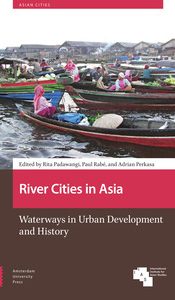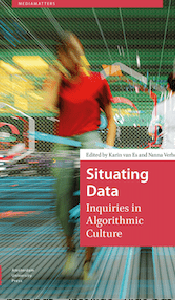This book develops a new theoretical framework called “heritage dynamics” to analyse heritage as an adaptive and transformative socio-cultural practice rather than something fixed. Through case studies, it applies this framework to examine how heritage responds to change in various contexts. The book aims to reorient heritage management thinking towards approaches embracing innovation, challenging static conservation norms.
Recommended for:
- Academics, researchers, and students in the fields of heritage studies, museum studies, archaeology, and related disciplines.
- Heritage practitioners, managers, and policymakers interested in developing a deeper understanding of the dynamic nature of heritage.
- Individuals and organizations seeking to explore innovative approaches to managing and adapting heritage in rapidly changing contexts.
- Readers with an interest in the intersections of cultural heritage, social change, and sustainable development.
You will:
- Gain a comprehensive understanding of the dynamic and non-linear nature of heritage, going beyond static and essentialist notions of heritage.
- Explore how heritage emerges, changes, stagnates, disappears, and/or revives over time, challenging the idea of heritage as a “non-renewable resource.”
- Learn about the theoretical and methodological framework of “heritage dynamics” developed by the author, which provides a new lens for analyzing the complex and systemic nature of heritage.
- Examine diverse heritage contexts, including heritage-led urban transformation, energy efficiency and heritage conservation in residential buildings, heritage collections, difficult heritage exhibitions, contested museums, and intangible heritage such as flamenco.
- Understand how various factors, stakeholders, and processes shape the lifecycles of heritage, and how heritage can be adapted to change and transformation.
- Discover the potential of systemic methods, such as system dynamics, in capturing the dynamic nature of heritage and informing heritage management and policymaking.
- Engage with case studies and real-world examples that illustrate the application of the “heritage dynamics” framework in diverse cultural contexts.
Detailed Overview
The book explores heritage as a dynamic phenomenon that emerges and evolves non-linearly over time in response to different influences. It challenges traditional views of heritage preservation unchanged. The author develops the “heritage dynamics” theoretical and methodological framework to analyse heritage lifecycles from emergence to potential revival. Case studies apply this to heritage-led urban change, building conservation decisions, museum collection lifecycles, exhibition impacts, contested narratives and intangible practices. Through in-depth examination of these diverse heritage contexts, the book provides valuable insights into how heritage navigates challenges and transformation. It introduces systems-based analytical methods to capture heritage’s complexity. This innovative approach offers heritage professionals new conceptual and analytical tools while reorienting thinking towards creativity and adaptation in management. The book challenges conventional heritage notions and provides theoretical and practical contributions.
Citation
Fouseki, K. 2022. Heritage Dynamics: Understanding and adapting to change in diverse heritage contexts. London: UCL Press. https://doi.org/10.14324/111.9781787358331







